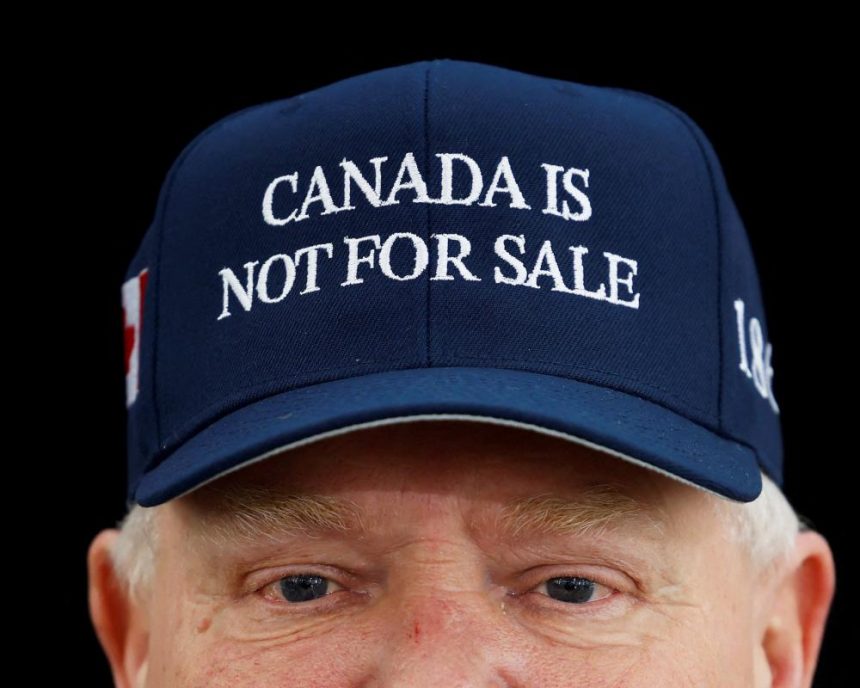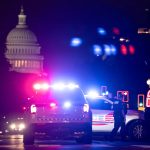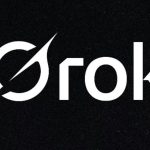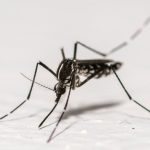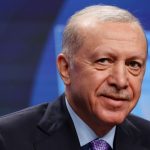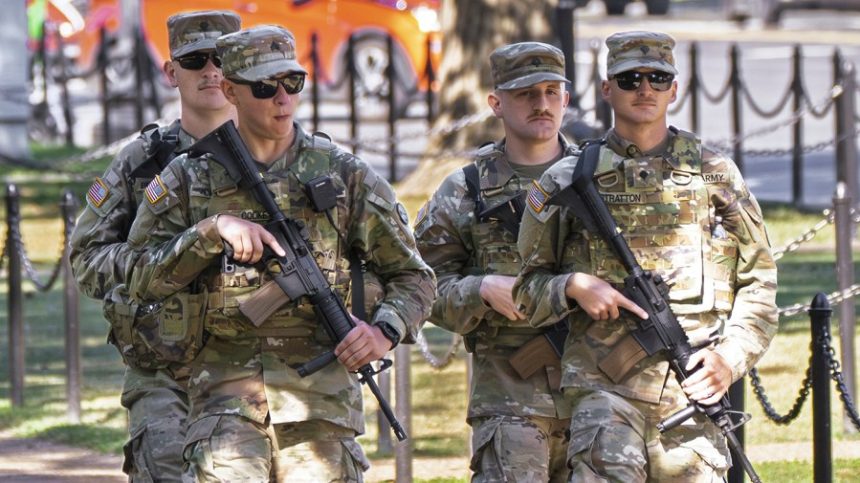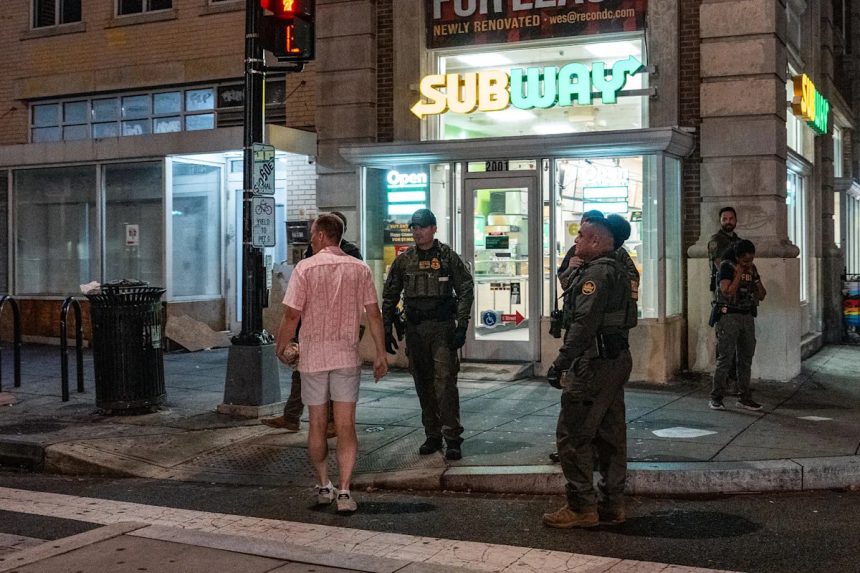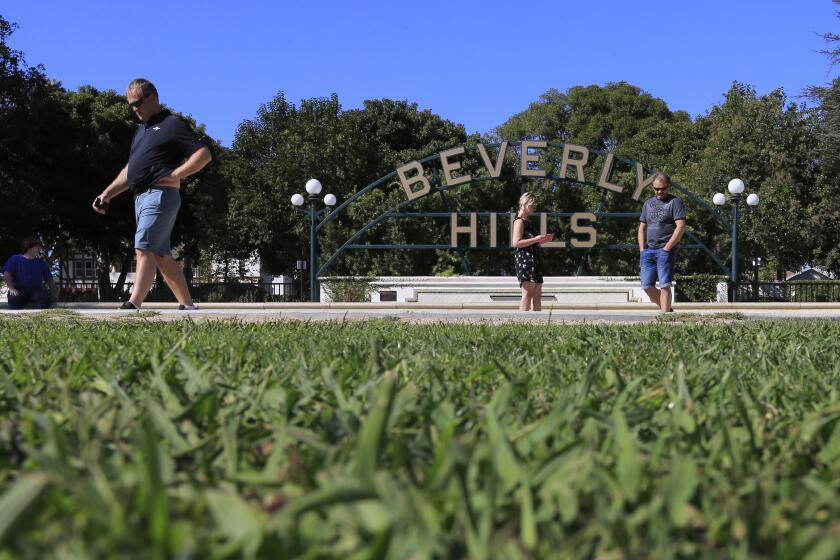Dealing with the unprecedented threats from Donald Trump’s threats to Canada’s economy and sovereignty have required unconventional strategies from federal and provincial leaders, including barring liquor sales and cancelling contracts with Tesla.
But among the more unorthodox strategies to hit back against the US is spending hundreds of thousands of dollars on novelty hats.
In January, sensing a marketing opportunity after Trump threatened to annex Canada, an Ottawa-based company began selling hats with the message “Canada is not for sale” in capital letters. Days later, Ontario premier Doug Ford – a blunt-spoken, burly populist with a knack for politics – entered a high-stakes meeting with other premiers and the prime minister wearing the hat. The move kicked off a frenzy of online orders and created a rare moment of political consensus.
But Ford’s love of the hat cost the province nearly C$300,000 (US$218,000), according to reporting by the Trillium.
According to newly disclosed public election finance filings, the Progressive Conservative party of Ontario paid C$278,910.71 to Jackpine Dynamic Branding, the company producing the viral hats, during the province’s election campaign period last spring.
The party also transferred more than 600 hats – bought for C$23.19 each before the election – to the campaign, according to the Trillium.
Liam Mooney, who runs Jackpine Dynamic Branding with his fiancée, Emma Cochrane, previously told the Guardian the couple wanted a simple but firm message with the hat. “It was a small act of patriotism to respond to these big threats and this big bluster,” Mooney said.
Their online store, which sold red and navy blue headwear featuring the wording “Strong and Free” and “Canada Is Not For Sale”, as well as “Fort et libre” and “Le Canada n’est pas à vendre”, was quickly overwhelmed with traffic. The couple ended up selling tens of thousands of the hats, which they eventually managed to produce in Canada after weeks of manufacturing headaches.
Ford and campaign surrogates also wore the hat often during the provincial election in February, in which his government won in a rare, third majority mandate.

